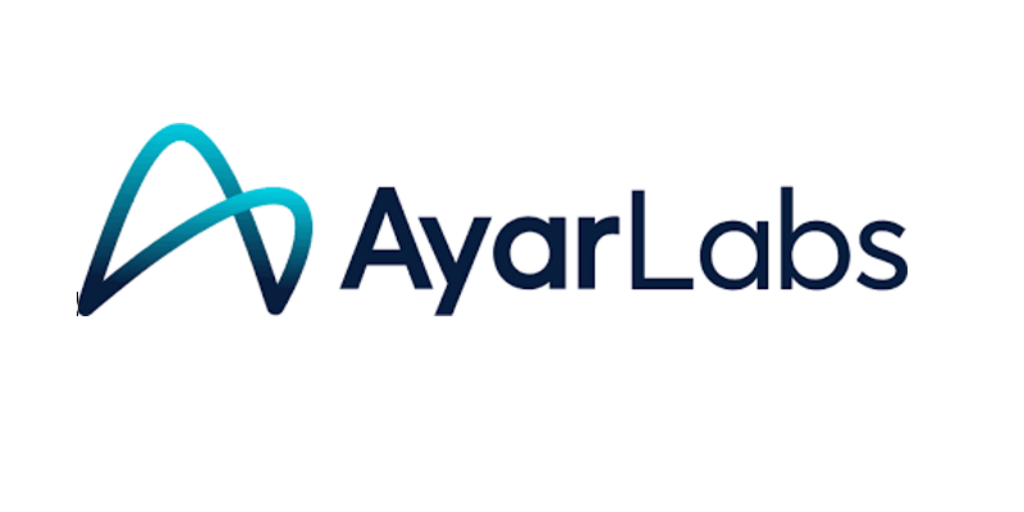DeepSeek’s LLM has caused a stir, but … companies like OpenAI and Anthropic are aiming higher, their sights are set on artificial general intelligence, for which LLMs will be a component. No matter how fast, powerful, or efficient they get, LLMs alone won’t be enough to achieve AGI.
Sponsored Guest Articles
Optical I/O: The Key to Unlocking AI Infrastructure, Profitability and Performance
[SPONSORED GUEST ARTICLE] Scaling GenAI inference performance requires increasing the number of GPUs or accelerators working in parallel within the scale-up domain. In-package optical I/O offers a path forward by breaking the ….
White Papers
Amazon EC2 Computing Cloud and High-Performance Computing
2013 has been an exciting year for the field of Statistics and Big Data, with the release of the new R version 3.0.0. We discuss a few topics in this area, providing toy examples and supporting code for configuring and using Amazon’s EC2 Computing Cloud. There are other ways to get the job done, of course. But we found it helpful to build the infrastructure on Amazon from scratch, and hope others might find it useful, too.
 Featured RSS Feed
Featured RSS Feed
- DDC Report: Data Center Operators Must Lower Risk Exposure as Costs RiseSAN DIEGO – January 29, 2025 – DDC Solutions, a provider of data center solutions, today announced the release of their Business Impact Report, “New Considerations for Datacenter Risk Exposure,” commissioned with S&P Global Market Intelligence, an analyst firm providing essential intelligence. The report states that as the demand for AI accelerators and related equipment […]
 More News from insideAI News
More News from insideAI News
- Ceramic.ai Emerges from Stealth, Reports 2.5x Faster Model Training
- Fluidstack and Eclairion to Deliver 18K GPU Supercomputer in France
- Nexla Expands AI-Powered Integration Platform for Enterprise-Grade GenAI
- Penguin Solutions Expands its AI Management Software Platform and Launches AI Service
- TSMC to Invest $100B in 3 New U.S. Fabs, Packaging, R&D
- Lenovo Unveils AI Inferencing Server
- News Bytes Podcast 20250303: GPUs vs. ASICs for AI Compute, DOGE and Fears at U.S. Science Agencies, Cat Qubits for AWS Quantum




